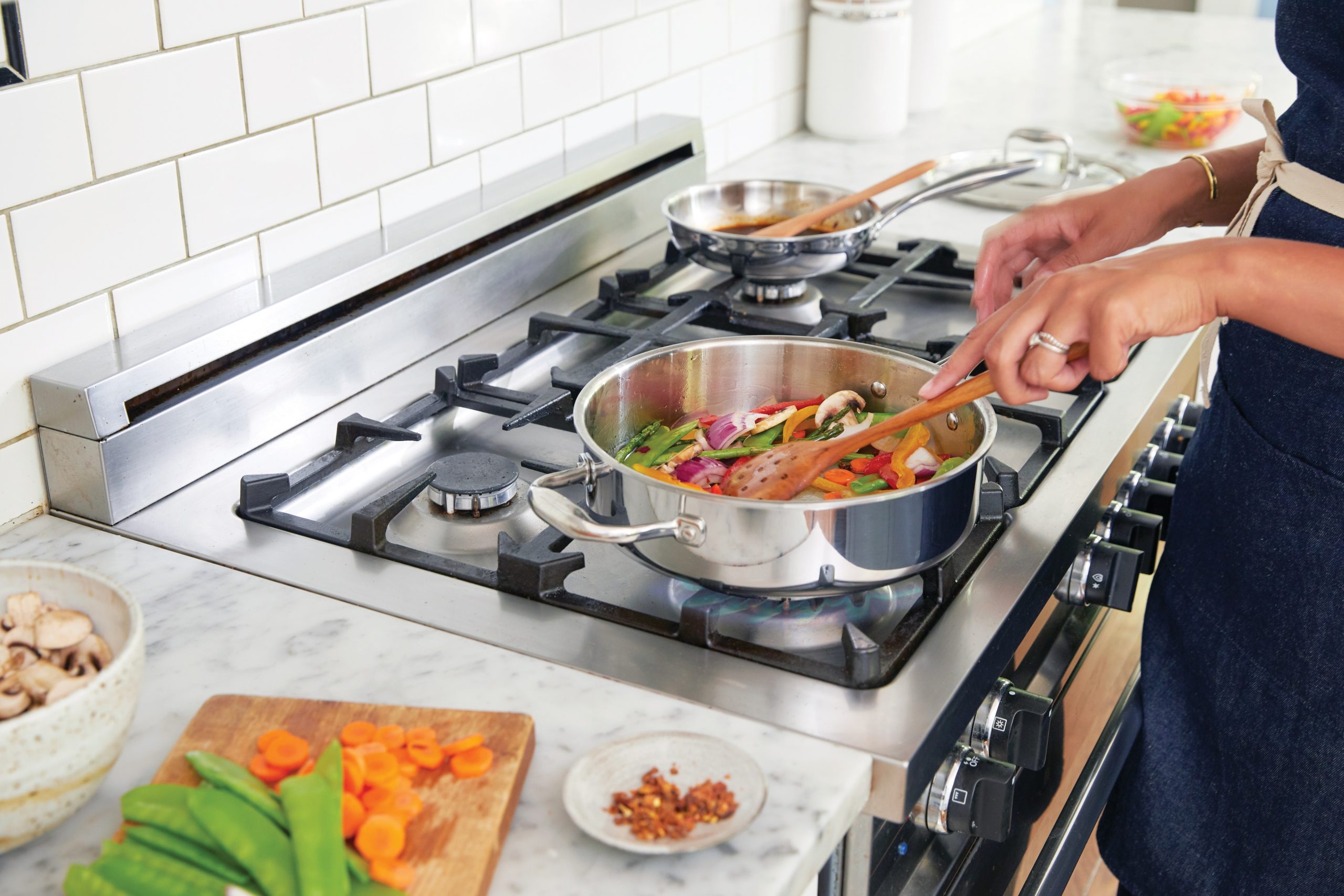Cooking with a Range – Beginner’s Guide to Cooking like a Pro at Home
Everyone is entertaining at home these days, and whether it’s for a small group or large gathering, the trend of professional-grade kitchens in the home is here to stay. A top chef’s kitchen adds lots of value to your home, and the focus is the appliances. Here are some key factors to consider when choosing pro-style chef-grade Gas Range .
Gas Heats up Faster Because the Flame Is the Source of Heat
Gas stoves heat much faster than electric, with gas stoves, the flame itself is the source of heat. This means you don’t need to wait on for the burner to get hot – your pan will instantly begin feeling the heat.
When You Turn off the Burner, You Turn off the Heat
When you turn off the burner, you turn off the flame. And, when you turn off the flame, you turn off the heat.
Simmering May Take Some Practice
When it comes to cooking on a gas range, there’s one thing that many people have trouble with, and that’s how to simmer. It may take some practice. With a bit of practice, you will find the perfect setting for the simmer function.
Learn What Gas Smells Like and Know How to Turn the Gas Off
it’s very important to know what natural gas and propane (depending on which you have) smell like. While leaks are very rare, they are possible. For your safety, knowing how to turn off the gas is crucial. Take the time to learn where the valve switch is and how to use it before you even cook.
Be Mindful of the Flame
Remember that you are cooking with an open flame. With a gas range, the flame is the heat. So, if something comes in contact with it, a fire can start very quickly. Watch out for things such as kitchen towels, oven mitts, long hair, loose clothing, etc. And, get in the habit of turning a burner off the moment you remove a pan from it.
Keep It Clean
No matter how hard you try, cooking can get messy. Food splatters, drips, spills, and so forth. And while you may want to overlook this mess or believe that it will cook off the next time the oven or stove are turned on, you are leaving yourself with a potentially dangerous situation. The leftover debris from your cooking may actually catch fire the next time you go to light your burner. So make a point to clean after each use.
When Baking, Consider Rotating Your Pans
One of the biggest complaints from bakers is the uneven heating that occurs in a gas oven. Unless you have a convection fan, you may find that your food may bake faster on one side. To prevent any issue with over- or under-cooked food, consider rotating your pans throughout the baking time. This will help each side to be evenly exposed to the heat.

